Dog / Detail
Man's Best Friend: The Dog's Evolution into Civilization
Jonathan Bennet | 25 September 2024 | 16:05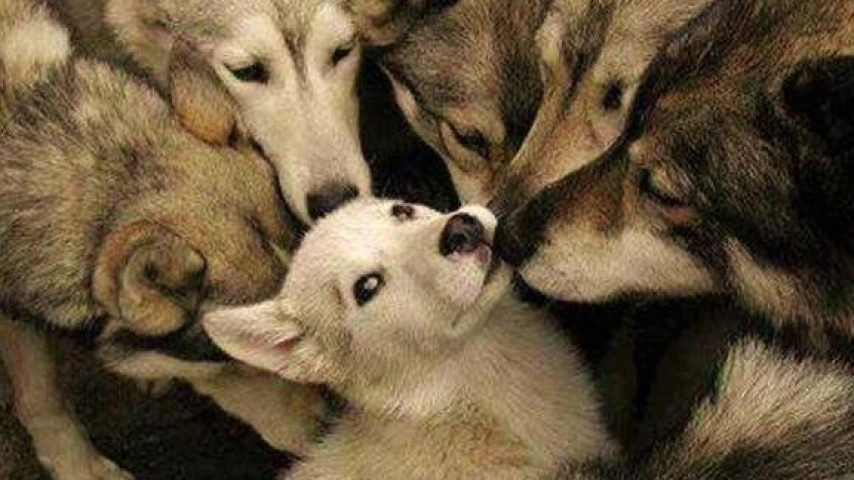
The dog, often hailed as "man's best friend," has played a pivotal role in human history. Their domestication and subsequent integration into civilizations have profoundly influenced human culture, society, and even the environment.
This article explores the dog's evolutionary journey, their symbolic significance in ancient cultures, and their enduring impact on human civilization.
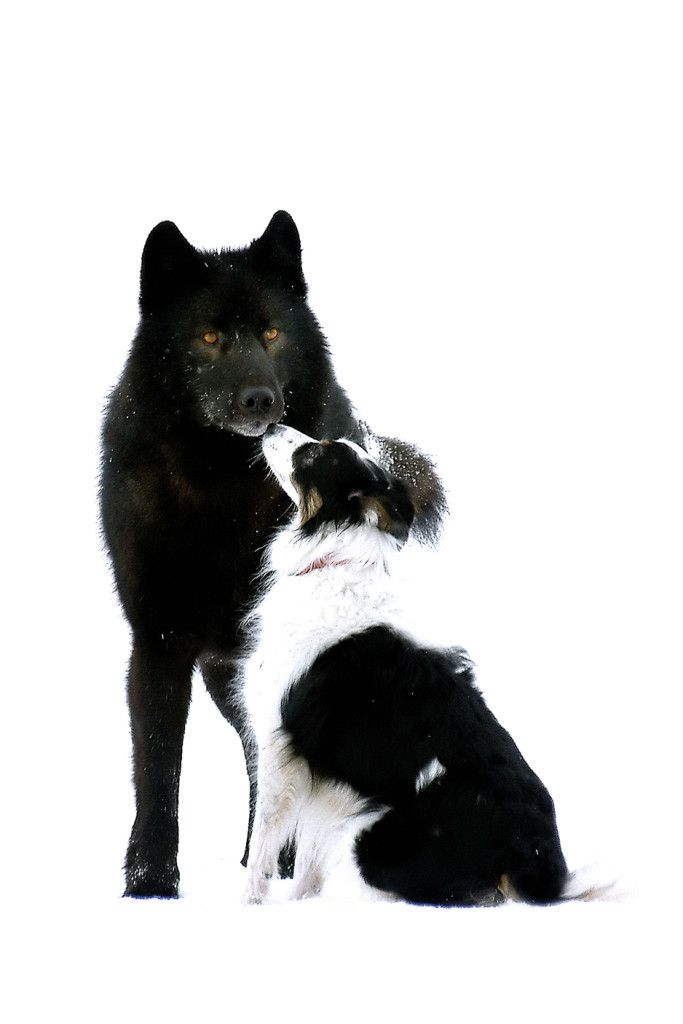
Evolutionary Origins
The exact origin of the domestic dog remains a subject of debate among scientists. However, genetic evidence suggests that dogs descended from wolves, likely domesticating in multiple regions around the world.
This process is believed to have occurred over thousands of years, with early humans selecting wolves with specific traits, such as tameness and obedience, to serve as companions and hunting aids.
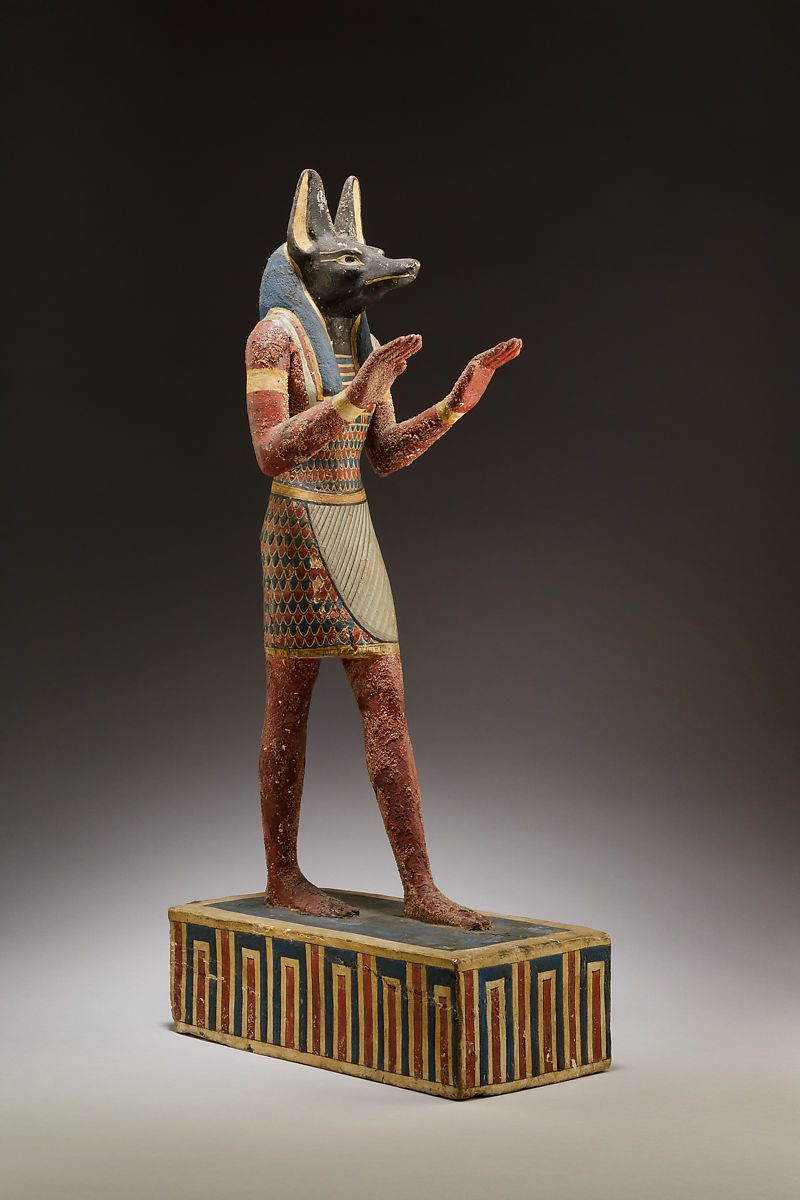
Symbolic Significance in Ancient Cultures
Dogs have held significant symbolic meaning in various ancient cultures. In ancient Egypt, they were revered as deities, particularly Anubis, the god of the afterlife, often depicted as a man with a jackal's head. Dogs were also associated with protection, loyalty, and guiding souls to the underworld.
In Greek mythology, dogs were often linked to the underworld and associated with Cerberus, the three-headed guard of Hades. However, they were also seen as symbols of loyalty and companionship, as exemplified by the story of Ikarus and his faithful dog Maera.
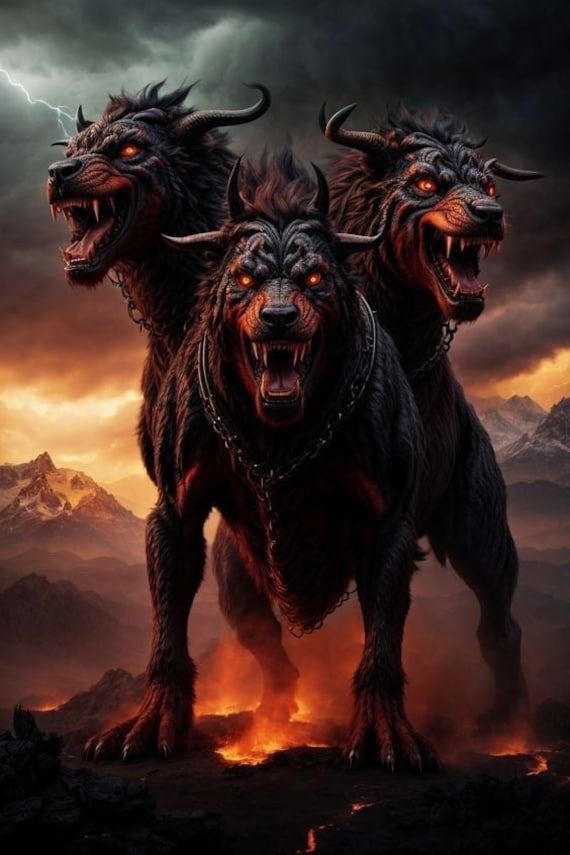
The Dog as a Working Animal
Throughout history, dogs have served as invaluable working animals. Their keen sense of smell, agility, and trainability have made them indispensable in various roles.
Hunting dogs, such as pointers and retrievers, assisted humans in procuring food. Guard dogs, like German Shepherds and Rottweilers, protected property and livestock. Herding dogs, such as Border Collies and Australian Shepherds, helped manage herds of animals.
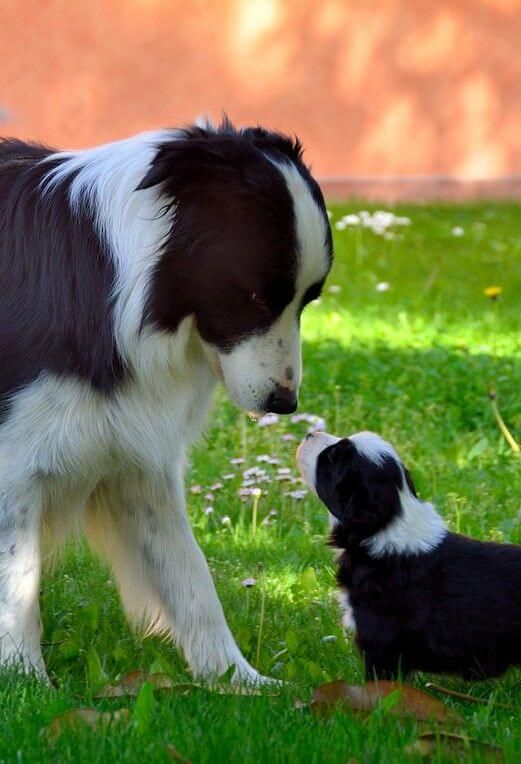
In more recent times, dogs have played crucial roles in law enforcement, search and rescue operations, and military activities. Their ability to detect explosives, track criminals, and locate survivors in disaster zones has saved countless lives.
The Dog as a Companion
Perhaps most significantly, dogs have evolved into beloved companions. Their loyalty, affection, and ability to provide emotional support have made them an integral part of many people's lives.
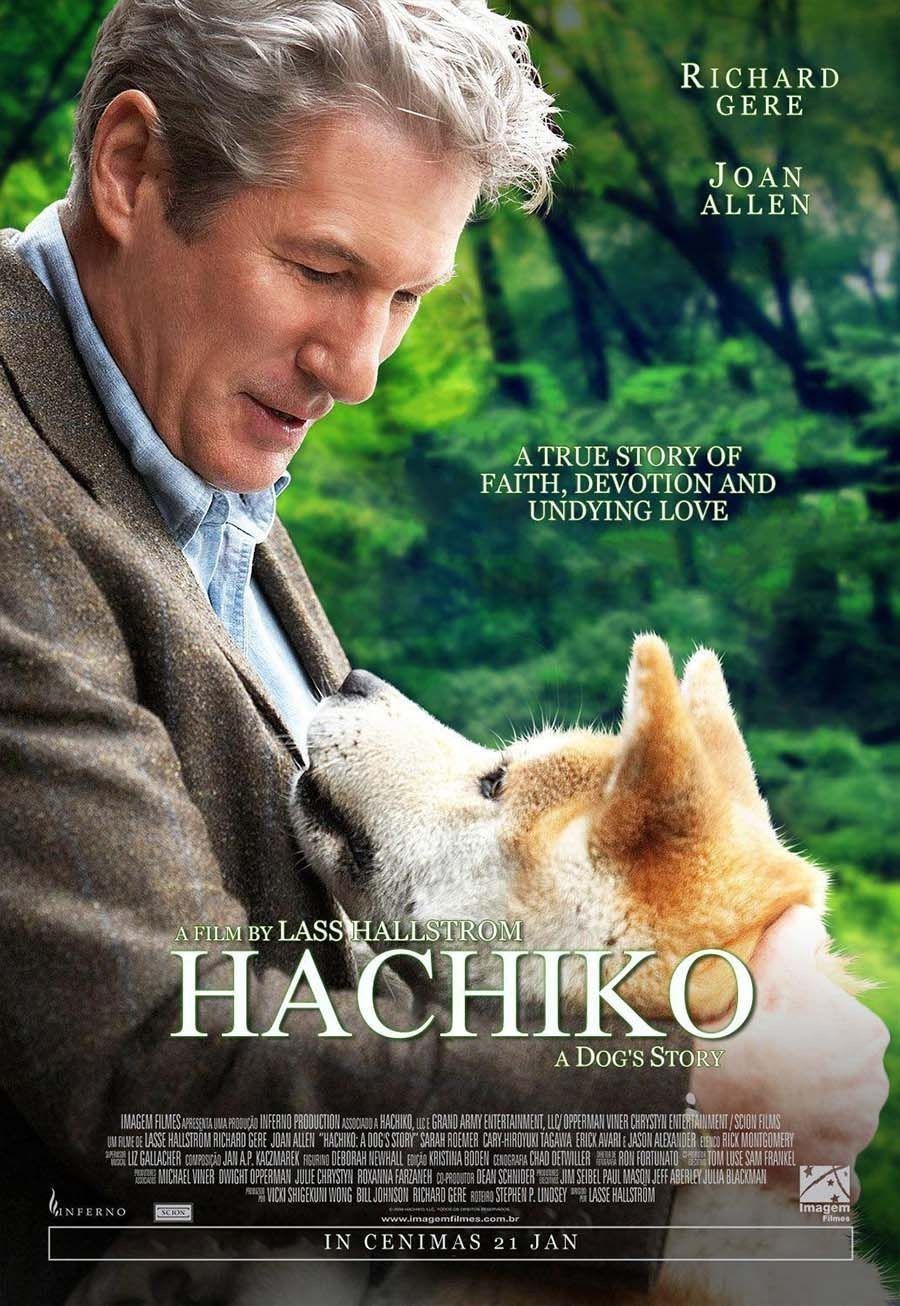
Dogs can offer companionship, reduce stress, and even improve physical and mental health.
The bond between humans and dogs is so strong that it has inspired countless works of art, literature, and film.
From the heroic deeds of Lassie to the heartwarming stories of service dogs, dogs have captured our hearts and imaginations for centuries.
The Dog's Influence on Human Civilization
The dog's impact on human civilization is undeniable. They have played vital roles in hunting, herding, and protection, and have served as companions and emotional support animals.
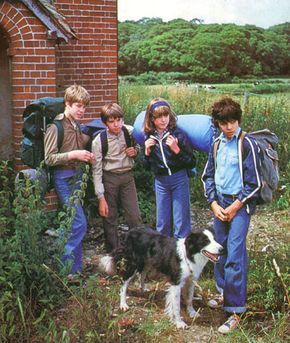
Their presence has influenced art, literature, and culture, and they have even contributed to scientific advancements.
As we continue to explore the complex relationship between humans and dogs, it is clear that their partnership has been mutually beneficial. Dogs have helped shape our history, and their enduring loyalty and companionship have enriched our lives in countless ways.
Related
-
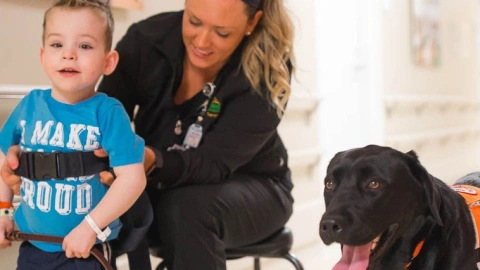
The Healing Power of Dogs: How Canine Therapy is Revolutionizing Mental Health and Boosting Positive Energy in Humans
Dog14 November 2024
-

A Pawsitive History: Dogs of Nuremberg
Dog09 November 2024
-

The Role of Oxytocin in the Human-Dog Bond: The Science Behind Our Deep Connection
Dog06 November 2024
-
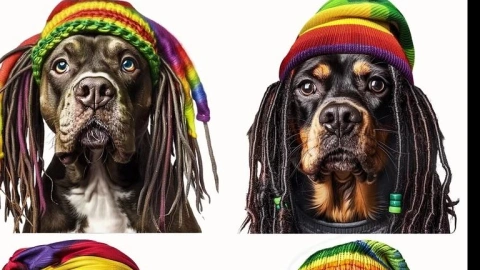
Beyond the Beach: Jamaica's Dog Lovers
Dog29 October 2024
-

A Dog's Delights: Homemade Snacks for Our Furry Babies, Recipes Included!
Dog29 October 2024
-
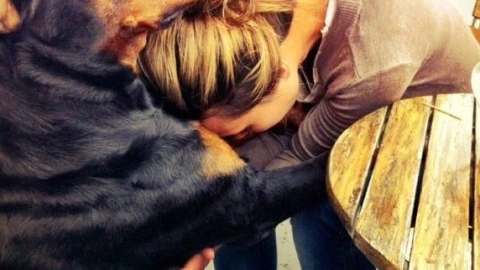
A Dog's Disorientation: Understanding Your Dogs' Wanderlust
Dog29 October 2024
Popular
-

-

A Pawsitive History: Dogs of Nuremberg
09 November 2024 -

-

Beyond the Beach: Jamaica's Dog Lovers
29 October 2024 -
